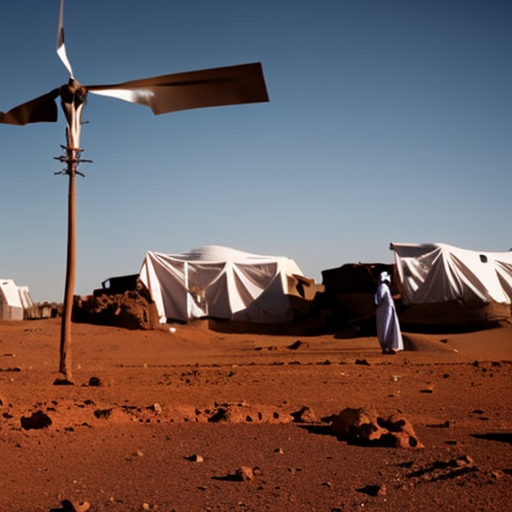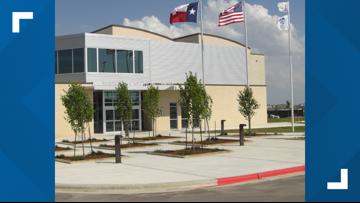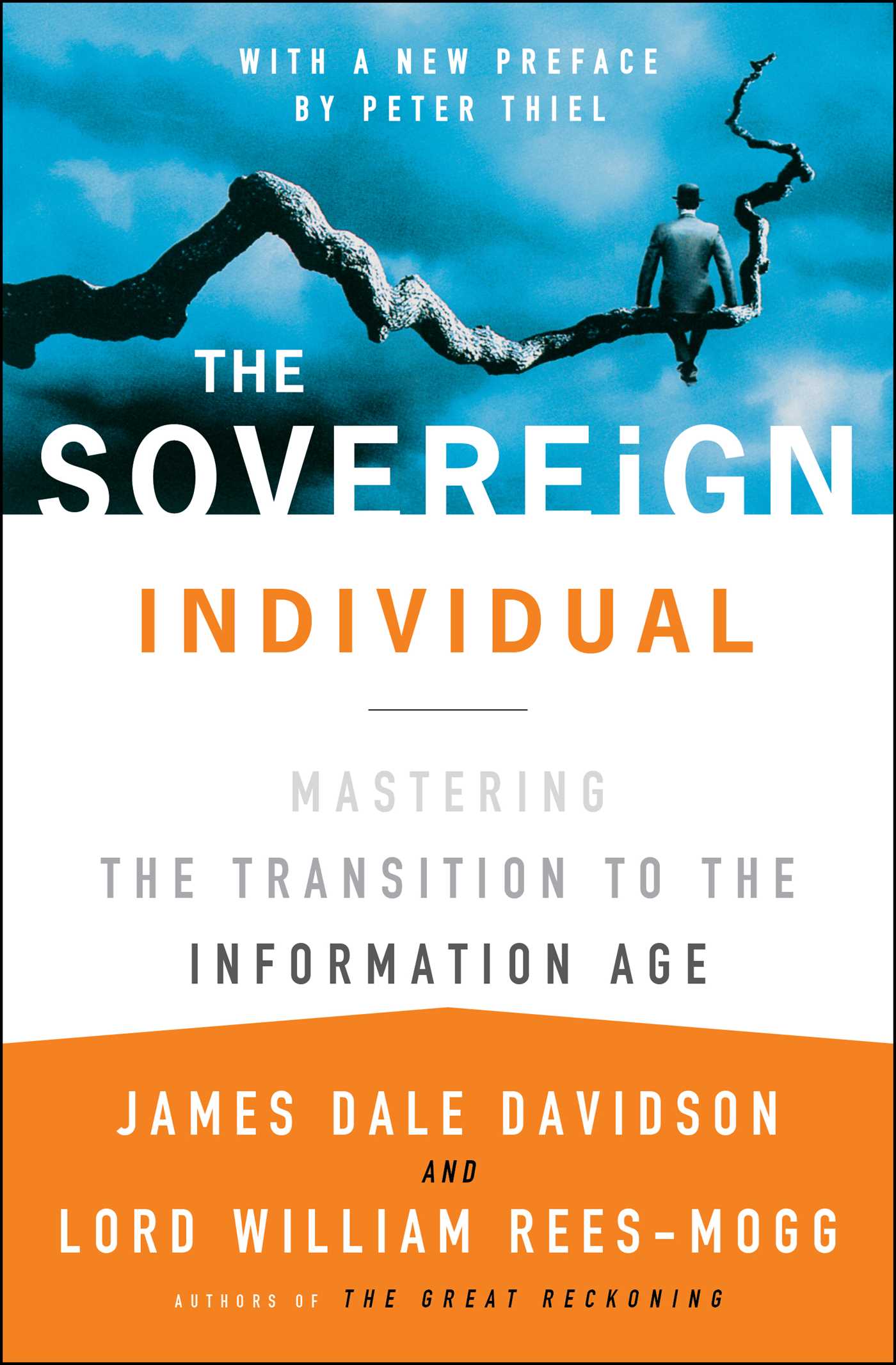
Report: Ethnic Cleansing and Crimes Against Humanity in El Geneina, Sudan

Human Rights Watch (HRW) reported on Thursday that ethnic cleansing and crimes against humanity are occurring in El Geneina, Sudan. The events are labeled as “among the worst atrocities against civilians so far in the current conflict in Sudan.”
Background
The Rapid Support Forces (RSF) are responsible for the attacks committed against the Massalit ethnic minority. This series of attacks commenced in April 2023, with the start of the conflict between the Sudanese Armed Forces, the RSF and other militias. In this period, it is estimated that between 10,000 and 15,000 people were killed in El Geneina. Here, attacks were held against the Massalit minority as part of a widespread ethnic cleansing campaign.
Forced Displacement
According to the report, the Massalit and other non-Arab civilians are being forced out of El Geneina, as displaced residents are seen in Chad, Kenya, Uganda, and South Sudan. HRW referred to the situation as a case of crimes against humanity and even a possible indication of genocide. The cases of murder, torture, persecution, and forcible transfer of the civilian population could amount to crimes against humanity as defined in Article 7 of the Rome Statute of the International Criminal Court. This was confirmed by ICC prosecutor Karim A. A. Khan in January 2024 during a statement. He mentioned, “There are grounds to believe that presently Rome Statute crimes are being committed in Darfur by both the Sudanese Armed Forces and the Rapid Support Forces and affiliated groups.”
International Response
At an international level, the availability of information regarding the crimes committed in Sudan has been a challenge. As a result, many of the crimes committed go unpunished, resulting in a lack of justice. Executive director at Human Rights Watch, Tirana Hassan, said that “the global inaction in the face of atrocities of this magnitude is inexcusable.” Conversely, in March 2024, the UN Security Council took further action regarding the situation in West Darfur. Resolution 2725 extends the Panel of Experts monitoring sanctions and actions in Sudan to 2025, assisting in the various reports.
Recommended Actions
The report includes a series of recommended actions to be considered internationally. These include targeted sanctions, an arms embargo, and further investigations into the events committed. The situation in Sudan is still under development. Stressing international cooperation and humanitarian action is a central priority in the report.
SDGs, Targets, and Indicators
| SDGs | Targets | Indicators |
|---|---|---|
| SDG 16: Peace, Justice, and Strong Institutions | Target 16.1: Significantly reduce all forms of violence and related death rates everywhere | Indicator 16.1.2: Conflict-related deaths per 100,000 population, by sex, age, and cause |
| SDG 16: Peace, Justice, and Strong Institutions | Target 16.1: Significantly reduce all forms of violence and related death rates everywhere | Indicator 16.1.3: Proportion of population subjected to physical, psychological, or sexual violence in the previous 12 months |
| SDG 16: Peace, Justice, and Strong Institutions | Target 16.3: Promote the rule of law at the national and international levels and ensure equal access to justice for all | Indicator 16.3.1: Proportion of victims of violence in the previous 12 months who reported their victimization to competent authorities or other officially recognized mechanisms for the prevention and redress of violence and their needs for formal support services |
| SDG 16: Peace, Justice, and Strong Institutions | Target 16.3: Promote the rule of law at the national and international levels and ensure equal access to justice for all | Indicator 16.3.2: Unsentenced detainees as a proportion of overall prison population |
| SDG 16: Peace, Justice, and Strong Institutions | Target 16.7: Ensure responsive, inclusive, participatory, and representative decision-making at all levels | Indicator 16.7.1: Proportions of positions in public institutions (national and local legislatures, public service, and judiciary) compared to national distributions, by sex, age, persons with disabilities, and population groups |
| SDG 16: Peace, Justice, and Strong Institutions | Target 16.7: Ensure responsive, inclusive, participatory, and representative decision-making at all levels | Indicator 16.7.2: Proportion of population who believe decision-making is inclusive and responsive, by sex, age, disability, and population group |
| SDG 16: Peace, Justice, and Strong Institutions | Target 16.a: Strengthen relevant national institutions, including through international cooperation, for building capacity at all levels, in particular in developing countries, to prevent violence and combat terrorism and crime | Indicator 16.a.1: Existence of independent national human rights institutions in compliance with the Paris Principles relating to the status of national institutions (NHRI) |
| SDG 16: Peace, Justice, and Strong Institutions | Target 16.b: Promote and enforce non-discriminatory laws and policies for sustainable development | Indicator 16.b.1: Proportion of population reporting having personally felt discriminated against or harassed in the previous 12 months on the basis of a ground of discrimination prohibited under international human rights law |
Copyright: Dive into this article, curated with care by SDG Investors Inc. Our advanced AI technology searches through vast amounts of data to spotlight how we are all moving forward with the Sustainable Development Goals. While we own the rights to this content, we invite you to share it to help spread knowledge and spark action on the SDGs.
Fuente: jurist.org

Join us, as fellow seekers of change, on a transformative journey at https://sdgtalks.ai/welcome, where you can become a member and actively contribute to shaping a brighter future.






